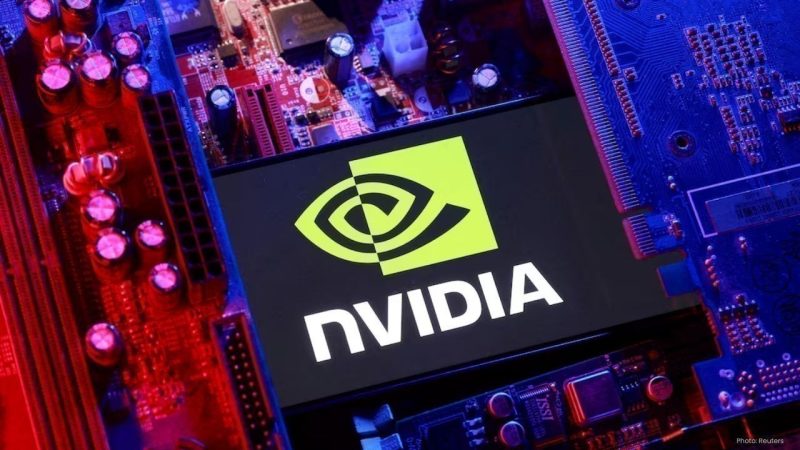The United States has cleared the export of Nvidia’s advanced AI chips to state-backed firms in the United Arab Emirates and Saudi Arabia. The approval covers hardware equal to as many as 35,000 Blackwell (GB300) units, marking a significant shift in Washington’s approach to AI-related export controls.
Expanding Gulf Tech Partnerships
The Commerce Department granted licenses to G42 in the UAE and Humain in Saudi Arabia. These approvals include strict reporting rules and security safeguards to ensure the chips stay out of restricted markets. The decision reflects a broader effort to deepen U.S. partnerships across the Middle East while supporting the region’s rising role in global AI development.
G42 plans to scale its data-center footprint, including the upcoming Stargate UAE campus built with help from U.S. technology partners. Meanwhile, Humain is preparing a 500-megawatt data center that will rely on Nvidia’s GB300 chips to power high-performance AI systems.
To show its long-term commitment, Humain also revealed plans to acquire 600,000 Nvidia chips over time as it builds out its AI infrastructure.
Strengthening AI Alliances While Managing Risk
The approval signals a new phase in U.S. strategy. Washington aims to build stronger tech alliances with Gulf nations while maintaining tight control over sensitive compute hardware. Analysts note that the strict safeguards are designed to prevent any accidental or intentional chip diversion, especially to China.
These licenses could reshape the geopolitics of AI infrastructure. By embracing Gulf nations as strategic partners, the U.S. is promoting their AI ambitions while expanding new commercial opportunities for American semiconductor makers. This move also opens a major growth path for Nvidia as demand for high-performance AI hardware accelerates.
Key factors shaping the deal include:
- Growing Gulf investments in AI, data centers, and cloud infrastructure
- U.S. interest in building secure, long-term tech alliances
- The need to prevent advanced chip access by restricted actors
- Nvidia’s expanding footprint in global AI hardware markets
This policy shift gives Gulf states a stronger foundation for rapid AI expansion. However, experts say the strategy’s success will rely on how effectively the U.S. enforces its safeguards. Any failure could risk letting advanced AI technology reach unintended users, which would undermine the goals behind the approvals.
If the protections hold, these agreements could dramatically influence the future of AI infrastructure and deepen the U.S. role in shaping global compute power.
